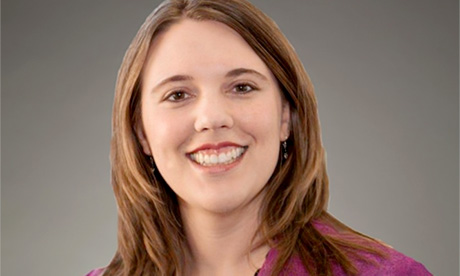If the problem is clericalism, what is the solution? It is axiomatic that vices cannot simply be eliminated—they have to be replaced with something better, or else they will just come back, often in a form that is even worse. (Cf. Mt. 12:44-45)
So it is a bit worrisome that when Pope Francis frequently mentions the problem of clericalism, he doesn’t mention what will replace it.
He is far from alone.
Clericalism is the view that the knowledge, the action, the holiness of the Church resides primarily among the clergy.
We laity are always sheep following the clerical shepherds.
We are always children obeying the Fathers. Our role is to pray, pay, and obey.
This position of authority is often abused by the clergy.
Not always or even usually in the form of sexual abuse or other direct abuse of parishioners, though certainly, no matter how rare, this is evil and extremely destructive to the whole Church.
More often, the power simply goes to their heads.
They act as an entitled class, expecting a comfortable life, control over whomever and whatever they choose in the life of the parish, seeking promotion and titles, etc.
They see no need to listen to or learn from their parishioners.
They take advantage of the complete lack of structural accountability to parishioners to do as they wish instead of being servants of all.
But this is a misunderstanding of authority, as the Synod on Youth document explained. “In its etymological meaning, auctoritas indicates the capacity to cause to grow; it does not express the idea of a directive power, but of a real generative force.”
Many proposals recently aimed at counteracting clericalism have focused on surrendering trappings of clerical privilege, and/or creating structures of accountability to selected members of the laity. Others simply propose listening and “holiness” from priests.
But none of these truly change the basic dynamic of clergy being the prime movers of the Church, and the laity being receivers.
We hope that what we receive from the clergy will improve, but there is virtually nothing we can do about it if that doesn’t happen.
The clergy are supposed to sweep out the bad, but what is going to invigorate the life of this newly austere Church?
What will keep spirits even more antithetical to the Gospel from moving in?
As meeting after meeting, and scandal after scandal, pass by with precious little evidence of the clergy moving in the right direction, more and more people are despairing and leaving regular communion with the Catholic Church behind.
They feel like renters with a negligent landlord; at some point staying becomes too painful and the cost of leaving a premises over which one has no ownership seems more bearable.
Neither does putting the Church under new management, such as boards made up primarily of “well respected” lay people, guarantee any improvement.
These chosen few may turn out to be even more controlling and self-serving than the clergy.
No, if clergy are going to return to the servanthood to which they are called, all the laity, not just a few selected by the Bishop, must take “ownership” of the life of the Church.
We must claim it for ourselves, not wait for the hierarchy to gift it to us.
In claiming ownership, we must also take responsibility for promoting the knowledge, action, and holiness of the whole Body of Christ. Continue reading
- Image: Estate Planning Council
